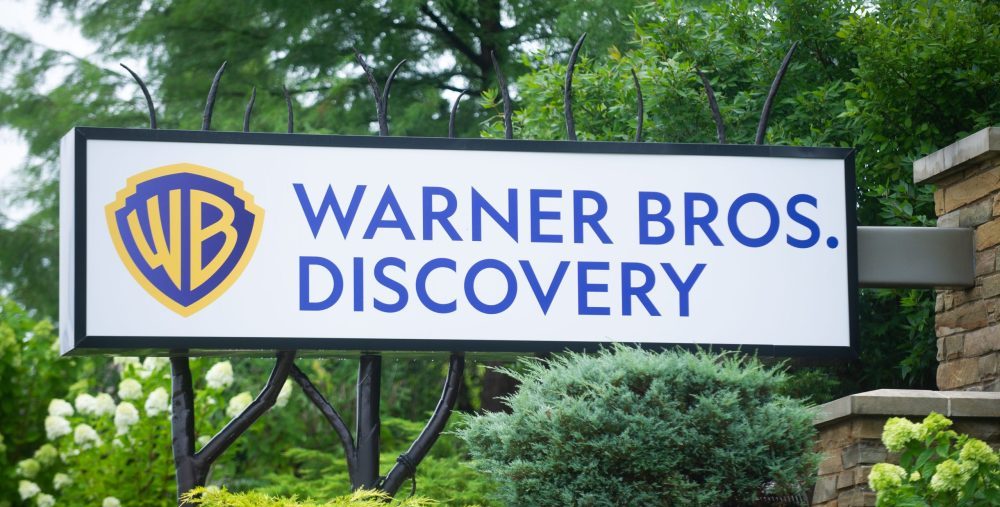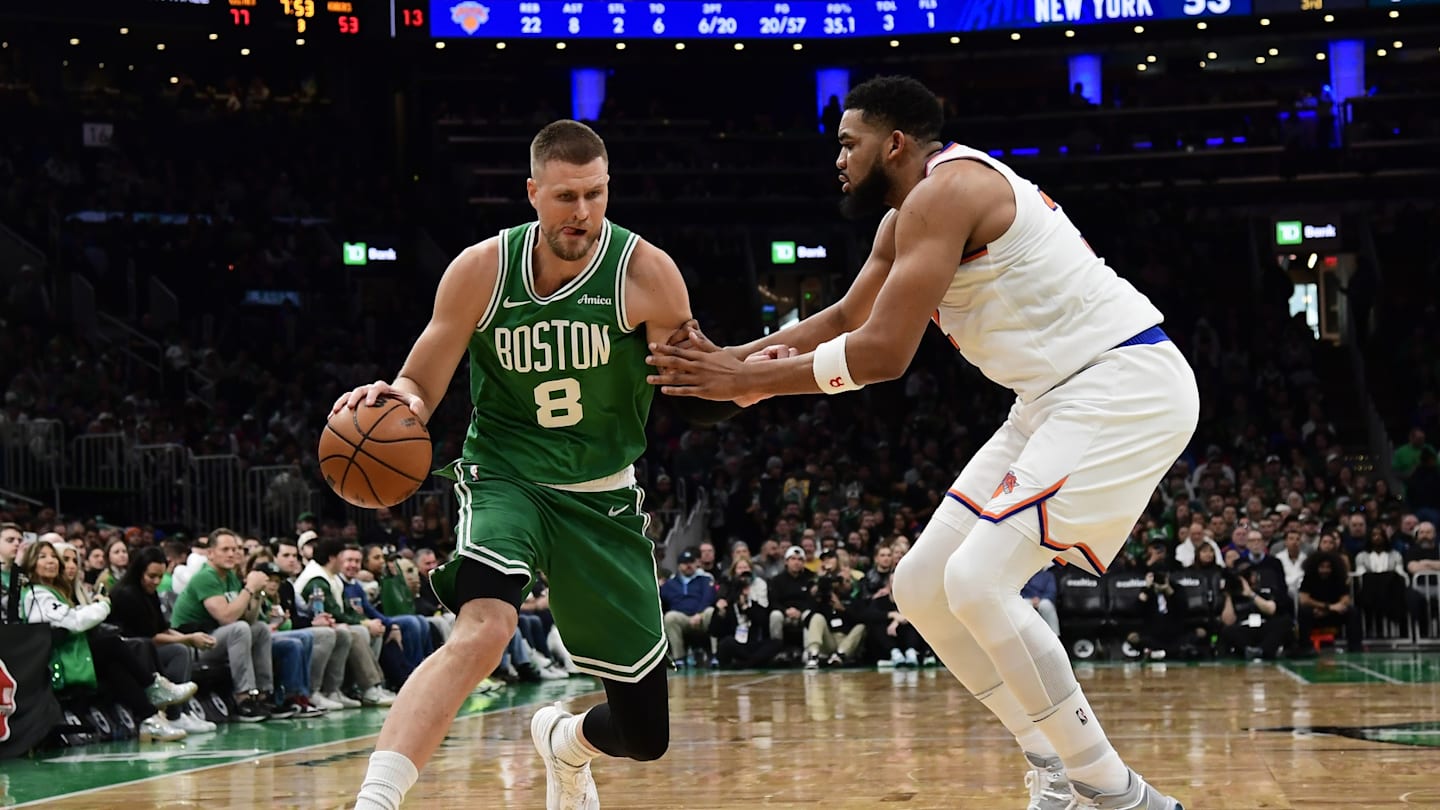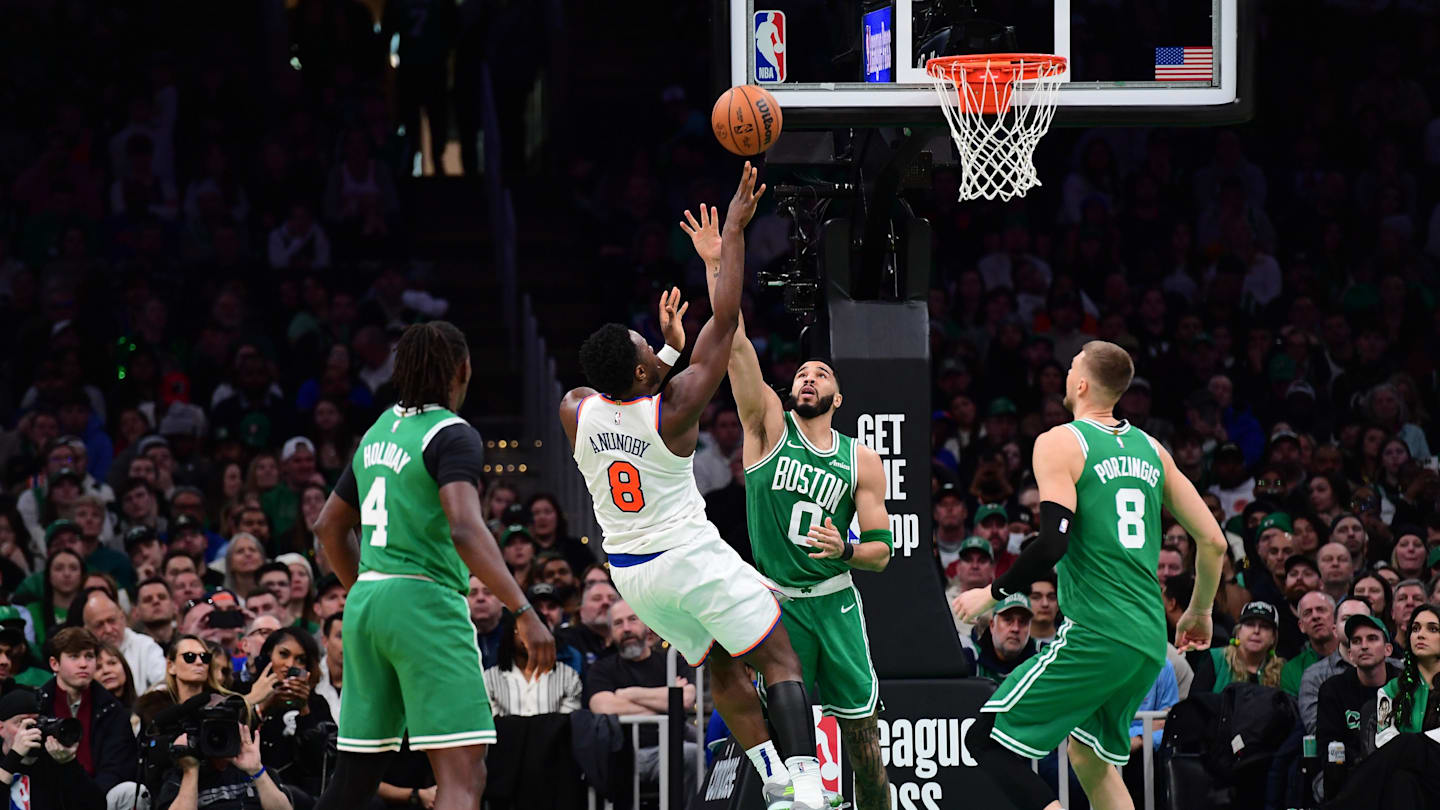NBA continues effort to dismiss WBD media rights lawsuit

The NBA re-upped its efforts Wednesday to try and get the matching rights lawsuit brought by Warner Bros. Discovery dismissed in the case’s early stages.
The league, which earlier this year announced its new set of media rights deals with Disney (ESPN), Comcast (NBC/Peacock), and Amazon, is now fighting litigation from incumbent partner Warner Bros. Discovery (TNT) that claims the league did not honor the company’s matching rights.
WBD is attempting to match the streaming package the NBA awarded to Amazon, though the league argued in court Wednesday that WBD’s “match” was more of a “counteroffer” since the legacy television operator couldn’t meet several of the terms in Amazon’s contract.
In court, the league asserted that WBD, “revised eight of the Amazon offer’s 27 sections, changed 11 definitions, struck nearly 300 words, and added over 270 new words.” Lawyers for WBD claim that the company does not need to match Amazon’s deal exactly to exercise its matching rights, to which the NBA’s lawyers responded with case law suggesting WBD “must match exactly all the materials of a third party offer…”
At the core of the argument are the many provisions that the NBA and Amazon wrote into the new agreement that WBD could not reasonably match. These “poison pills” include Amazon paying three years of media rights fees upfront by placing a reported $1.93 billion per year in escrow, and ad-reads during Amazon’s Thursday Night Football broadcasts.
WBD argues that these clauses were negotiated in “bad faith,” though the league cited precedent from a prior media rights case in which CBS attempted to steal NBA rights from ABC by including a clause requiring games be broadcast on Saturday afternoons in the fall, when ABC already had commitments to college football. The judgment from that case supports the NBA’s current argument stating, “Every competitor has a right to win a contract by offering terms which its competitors can’t meet.”
Beyond the “poison pills,” the NBA also maintains that it is impossible for WBD to match Amazon’s streaming-only deal with a deal that includes a linear component. Rather than trying to match the Amazon deal with just WBD’s Max streaming service, the company intends to broadcast games on both its linear channel TNT in addition to Max. Not only does the NBA claim that is a fundamental difference, but the nature of a combined linear and streaming deal could hypothetically jeopardize the terms of its other deals with Disney and Comcast.
The lawsuit remains in its early stages, and WBD argues that there is no precedent to dismiss the case at this point in the proceedings (though the league disputes this as well). Should proceedings continue, a settlement would seem much more likely than a trial. It’s long been believed that WBD is pursuing this lawsuit to extract some sort of concession from the league, rather than making an earnest effort to regain NBA rights. However, due to the time sensitive nature of the case, both sides have agreed to go to trial no later than April of next year, assuming another resolution hasn’t been reached before then.
Related
NBA: Mark Cuban says he would have asked for more…
Feb 13, 2025; Dallas, Texas, USA; Mark Cuban laughs during the second half of the game between the Dallas Mavericks and Miami Heat at American Airlines
NBA Scout Reveals Why Celtics Can Easily Beats Knicks in…
The Boston Celtics are one of the teams who are expected to be a contender at the end of the season. They are the defending NBA champions, so they feel like the
Nikola Jokić gives peak Nikola Jokić interview with Scott Van…
Nikola Jokić is still rewriting the record books — and treating it like just another day at the office. In a 149-141 overtime win over the Phoenix Suns
Knicks’ Struggles vs. NBA’s Elite Explained
The New York Knicks are one of the best teams in the NBA, but as of late, they have been defined more by their struggles than their triumphs.The Knicks are 0-7











